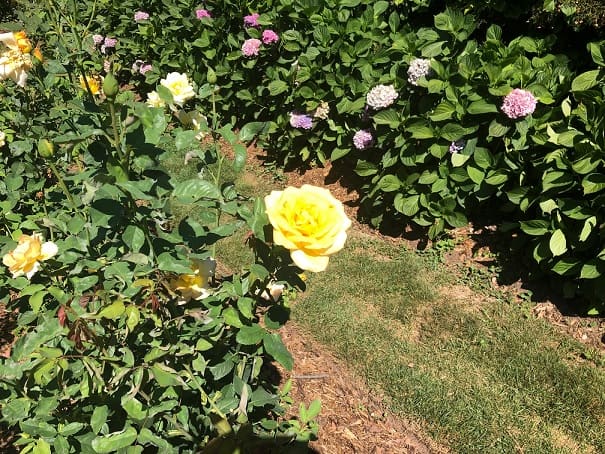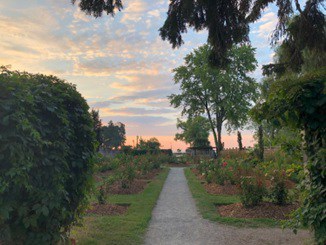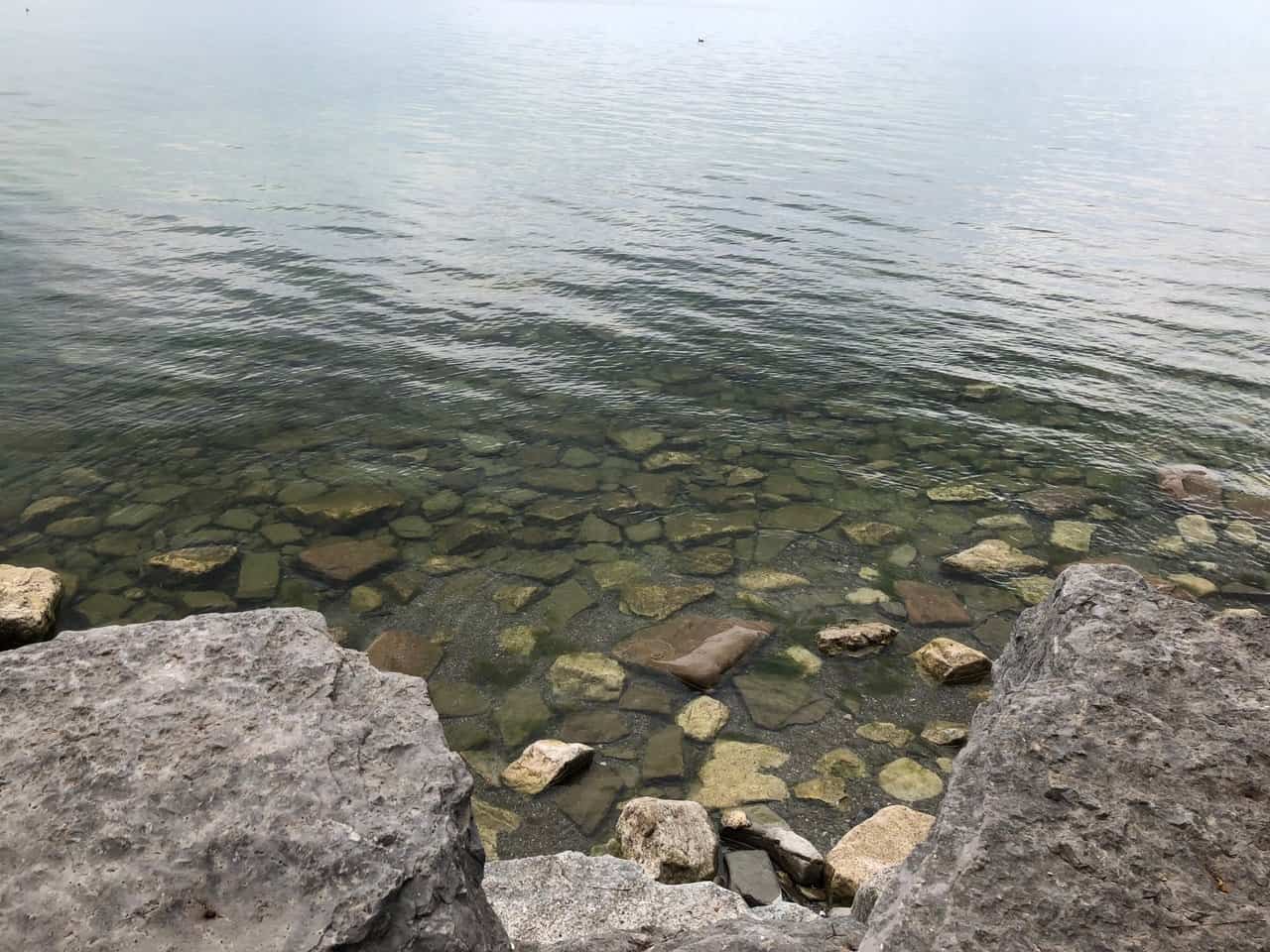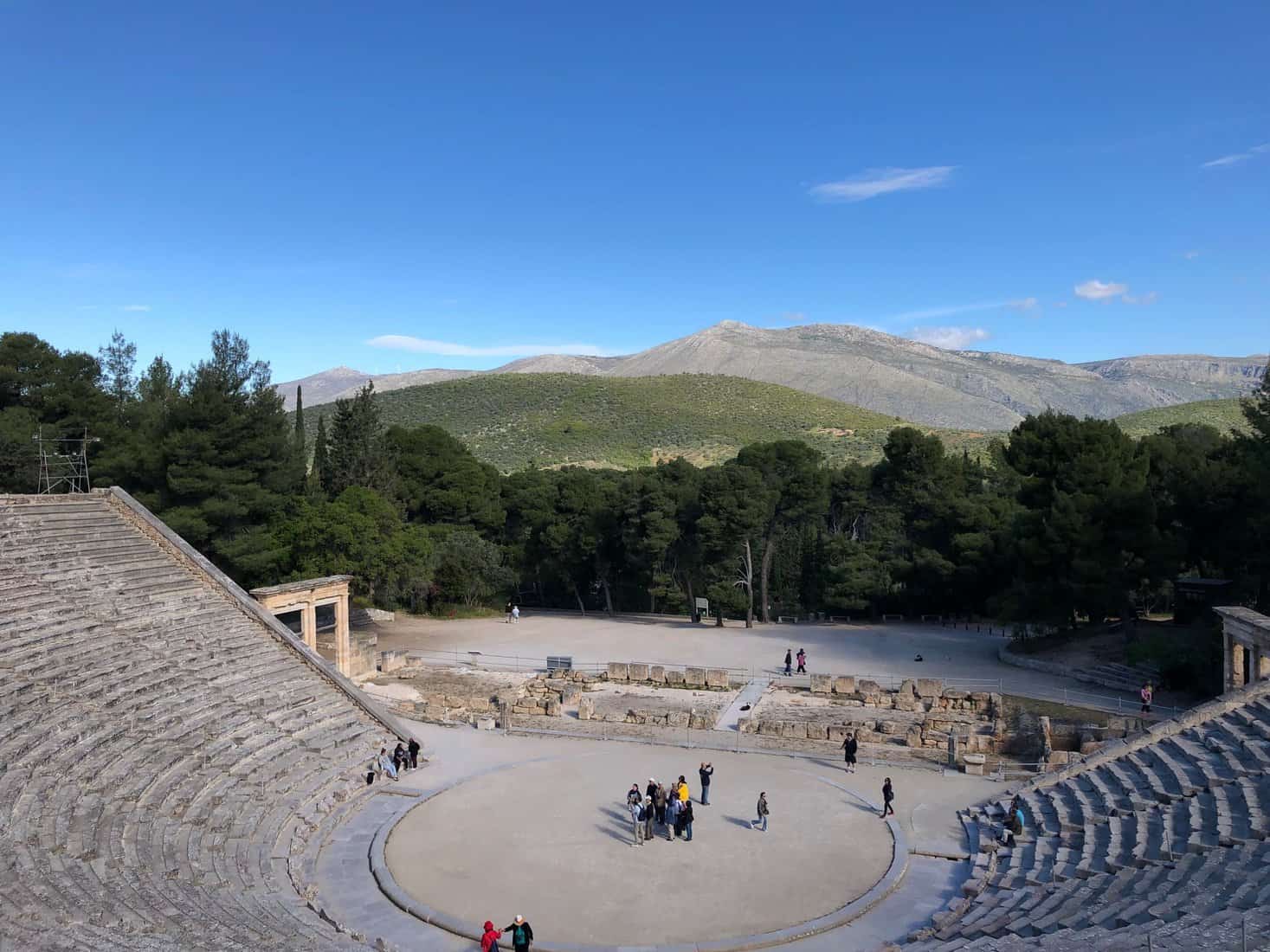Category » Applied Philosophy & Psychology
Resilience, Consilience, & Allostasis III
If, in the face of stressors, you are able to quickly respond and calm down, you are resilient; if you have “blunted or exaggerated responses” you may be approaching a dysfunctional state (Hunter et al., 2018, p. 317). If you were fortunate, you had caring, affectionate relationships with your parents or caregivers, strong social support, […]
Resilience, Consilience, & Allostasis II
Last week, we met young Alice, who was awakened by the sound of plates, utensils, and a soup pot being thrown while her parents’ angry and intoxicated voices shrieked mutual hatred. At seven years of age, Alice went down to see what was happening. What she saw was her mother with blood on her face, […]
Resilience, Consilience, & Allostasis
Imagine young Alice waking to hear her intoxicated parents fighting in the living room below. If she hasn’t heard these frightening, chaotic sounds before, she’ll probably get up out of bed to ask what’s happening. Once experienced, Alice is unlikely to do it again as seeing one’s parents (primary caregivers) in such distress is a […]
Self-Care 102
In the preceding blog, the ways and means of self-care were considered. This week, we’ll look at the sad predictability of neglected self-care amongst those with a loved one suffering through addiction. What unfolds is the cyclical and inter-generational transmission of a culture of disorder. One parallel, between those in addictive families and mental health […]
Self-Care 101
In families suffering addiction, those around the person with addictive behaviours tend to neglect self-care. Helping professionals also tend to neglect self-care, placing the welfare of others above self. In an earlier blog (Stages of Recovery II, https://understandings.ca/2022/07/27/stages-of-recovery-ii-repair/) I promised a blog on self-care. This is that blog. Poor self-care is a cause of relapses […]
And Life is Like That
Francis Sparshott (1926-2015), whom I never knew, was a University of Toronto professor, author, and poet. His work came to me on the recommendation of Dr. John Russon, with whom I have studied. For a few years, passages from Sparshott’s book, Taking Life Seriously, have grabbed my attention, including the title of this blog. The […]
Education, Tolerance, (and Recovery)
I have been interested in education and addiction for almost the same length of time: since I started having long ideas-based conversations with my father, as a boy. The common thread linking recovery to education, is human agency. Both recovery and genuine education require and increase the agency of the growing individual. Although there is […]
How we Change (II)
If you are a person attending recovery meetings, you’re in the business of change. As a facilitator of such meetings, and a training psychotherapist, I’m also in the business of change. How, why, and when people change is still not well understood. We’ve made more progress with this phenomenon, in the last hundred years, than […]
Stages of Recovery III: Growth
The prior pair of blogs outlined the first two stages of recovery from addiction. Those stages are abstinence and repair. Today we look at the third and final stage, growth, per Melemis (2015). Near the end of the last blog, there was discussion of the unfortunate absence of life skills which often lead toward addictive […]
Stages of Recovery II: Repair
Last week we looked at the first of three stages of recovery from addiction. In this blog, the second stage is explored. For those just encountering these ideas, the first stage is abstinence (1-2 years’ duration), and its main tasks are not using and learning how to deal with urges/cravings. The second, the repair stage […]



